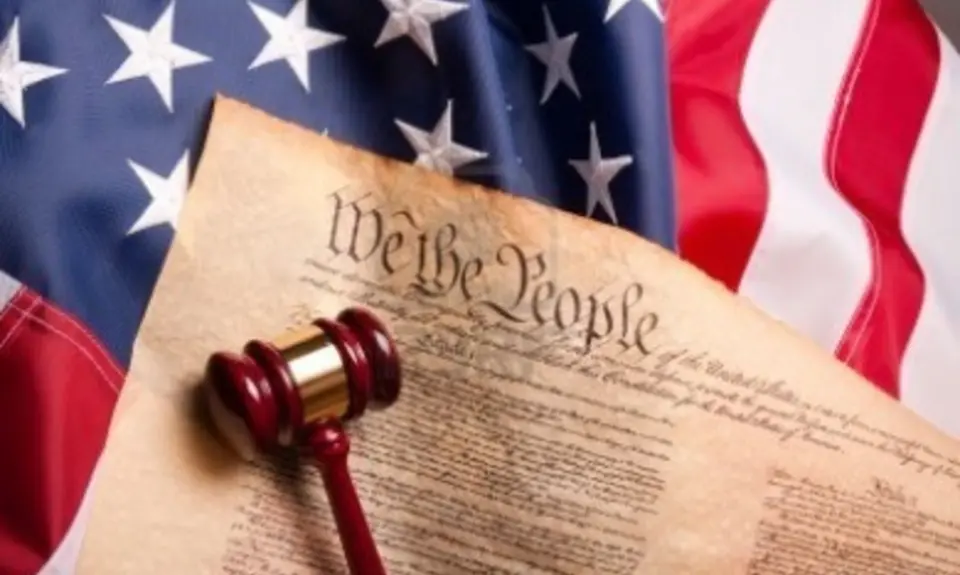Judicial vacancies slow down courts’ work, drive up litigation costs, cause evidence to go stale, make it harder to settle civil cases, and even pressure defendants into pleading guilty, according to a report released this week by the Brennan Center. The report cites example after example of how not having enough judges erodes our nation’s system of justice. Everyone counts on having their day in court, a fundamentally American principle that is threatened by persistent vacancies. The report quotes Chief Judge William Skretny of New York’s Western District:
We don’t neglect the Seventh Amendment, the right to a civil trial. But we tell people, if this is what you want to do, it will take time to get there.
Heavier caseloads and backlog created by vacancies also take a toll on judges, reducing the amount of time they have to spend on each case.
Chief Judge [Leonard] Davis in the Eastern District of Texas described the situation in his district as “simple math.” With more cases “you have less time to give to [an individual] case,” he explained. “It affects the quality of justice that’s being dispensed and the quantity of work you can complete,” he added.
…
[Judge Davis] also highlighted the impact of the Sherman vacancy on the timing of sentencing. “It’s a hardship for the litigants,” he explained. “Due to the backlog and [the] vacancy [in Sherman], we have a very high population of criminal defendants, about 200, sitting in county jails, having pled guilty and waiting for sentences. They can’t get their cases processed.” He noted that inmates are typically housed in a county jail because there are no federal facilities available, which is more costly for the government and leaves inmates with fewer work and educational opportunities. “That’s not fair to [the inmates] and adds a great deal of unnecessary cost by having to house them for so long in county jail holding facilities,” he said.
As the report makes clear, vacancies have real impacts for all citizens. This is why PFAW supports the speedy confirmation of qualified judicial nominees to federal courts. Filling judicial vacancies with quality judges will reduce backlogs and costs while allowing the judicial system to better serve all Americans. Maintaining the third branch is one of the most important constitutional functions that the Senate performs.
